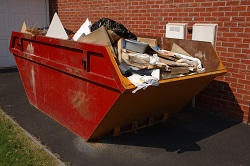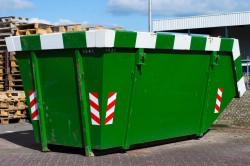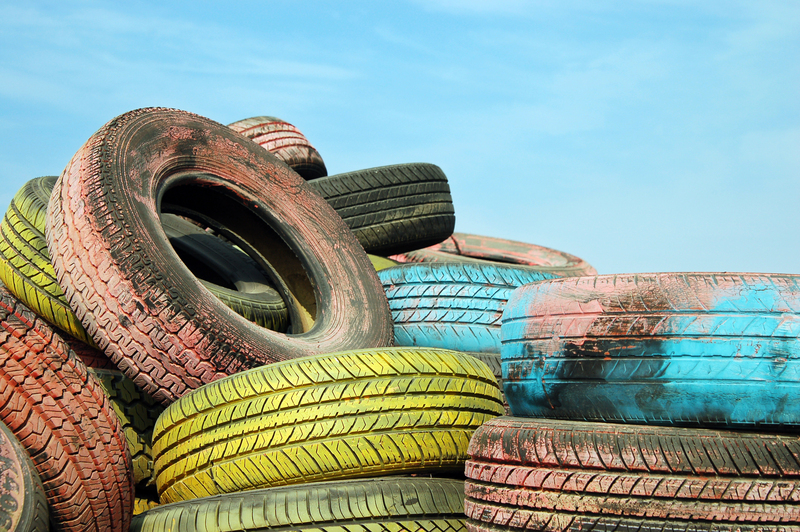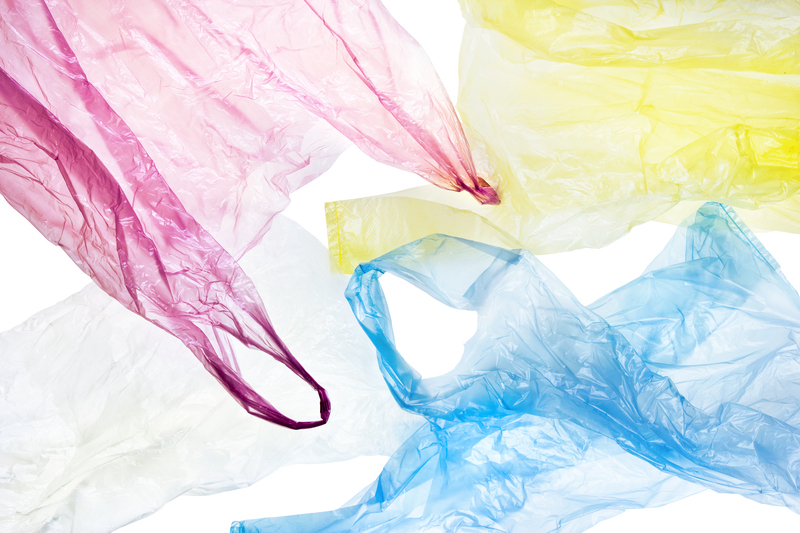 Flat Clearance
Flat Clearance Professional flat clearance in London. Fast turnaround, fully licensed and compliant teams, clear pricing and responsible disposal.
 Flat Clearance
Flat Clearance Professional flat clearance in London. Fast turnaround, fully licensed and compliant teams, clear pricing and responsible disposal.
 Office Clearance
Office Clearance Professional office clearance in London. Fast turnaround, fully licensed and compliant teams, clear pricing and responsible disposal.
 Eco-Friendly Tips for Reducing Office Waste
Eco-Friendly Tips for Reducing Office Waste Waste management and sustainability have become crucial topics in modern business practices. Every office has the potential to reduce its waste output and make a significant contribution to environmental conservation.
 Combating Microplastic Pollution
Combating Microplastic Pollution Microplastic pollution is an escalating environmental issue that endangers both marine and terrestrial ecosystems.
 School Recycling Strategies
School Recycling Strategies Recycling in schools not only benefits the environment but also serves as a powerful educational tool for students.
 Disposing of old chargers
Disposing of old chargers The proliferation of electronic devices in our daily lives has significantly increased the issue of electronic waste, often referred to as e-waste.
 Waste Collection Bags - Skip Replacement
Waste Collection Bags - Skip Replacement The world is continuously innovating ways to manage waste better and more efficiently. One such innovation that's garnering attention is waste collection bags as a viable alternative to traditional skips.
 Simple Tips for Cutting Household Waste
Simple Tips for Cutting Household Waste In a world increasingly concerned about environmental sustainability, reducing household waste is an actionable step everyone can take to make a positive impact.
 Effective Ways to Recycle Smartphones
Effective Ways to Recycle Smartphones Every year, millions of smartphones are discarded or replaced, contributing to a growing issue of electronic waste (e-waste).
 Eco-Friendly Impact of E-Waste Recycling
Eco-Friendly Impact of E-Waste Recycling In our technology-driven world, electronic waste (e-waste) has become one of the fastest-growing waste streams globally. The improper disposal of these materials can lead to significant environmental and health issues.
 Glass Recycling: Essential Information
Glass Recycling: Essential Information Glass recycling has emerged as a crucial component of contemporary waste management, promoting sustainability and reducing landfill use.
 Minimize Microplastics in Laundry
Minimize Microplastics in Laundry Microplastics are an emerging environmental concern, infiltrating ecosystems and causing harm to marine life and human health.
What we offer?